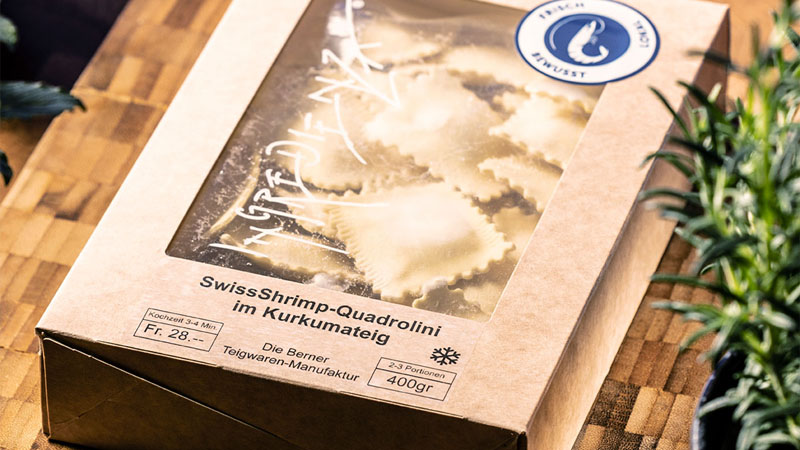Exclusive content

Swiss Shrimp AG finds itself battling financial woes despite a surge in demand for its eco-friendly product. Unlike conventional agricultural sectors, Swiss shrimp producers face a unique challenge as they are unable to access government support to alleviate their financial strain.
A looming threat of bankruptcy
In a recent shareholder letter reported by “NZZ am Sonntag,” Swiss Shrimp’s liquidity crisis was laid bare, with a looming threat of bankruptcy if a minimum financial injection of 500,000 francs (USD 548,000) is not secured by April 22, 2024. Matthias Laube, the CEO, made a fervent appeal for immediate assistance, urging potential investors to step forward to salvage the company from impending insolvency.
Fortunately, the call for aid yielded positive results, with Laube acknowledging the crucial support received from shareholders and partners, temporarily averting the looming bankruptcy. However, the company remains vigilant about its reorganization efforts, with Laube promising transparency in providing updates as developments unfold.
Industry-wide Struggles
The plight of Swiss Shrimp reflects broader challenges within the shrimp farming industry. With operations based in Rheinfelden, the company confronts numerous hurdles shared by its counterparts. Patrick Bregenzer of Greenfish underscores the industry-wide struggle, citing the intricate requirements of maintaining shrimp farms in Switzerland, including the need for specific larvae, animal feed, and optimal temperatures.
Moreover, the absence of direct access to seawater poses a significant challenge, necessitating the laborious recycling and treatment of water, further adding to operational complexities. These shared difficulties underscore the precarious nature of shrimp farming in the region.
A Looming Crisis in Aquaculture
The predicament extends beyond shrimp farming to encompass aquaculture as a whole in Switzerland. Andreas Zaugg, co-founder of Lucky Shrimp, points to the impending closure of Micarna’s fish farm in Birsfelden as emblematic of the broader economic challenges facing the sector. Zaugg highlights the competitive disadvantage faced by local producers against imported and wild-caught alternatives, exacerbated by the absence of government support.
Despite the economic headwinds, there remains a steadfast demand for sustainably produced shrimp, driven by environmentally conscious consumers. However, the industry’s focus lies in enhancing efficiency and achieving economies of scale to remain competitive in the market.
Striving for Sustainability and Efficiency
Efforts towards sustainability and efficiency remain paramount for Swiss shrimp producers. Greenfish, for instance, grapples with the perpetual need to refine its processes to enhance productivity while minimizing resource inputs. Bregenzer emphasizes the ongoing learning curve within the industry, acknowledging the need for continuous improvement to navigate operational challenges successfully.
Similarly, Lucky Shrimp underscores its commitment to ecological sustainability, boasting one of Europe’s most efficient pilot plants. By leveraging interdisciplinary expertise, the company aims to optimize its breeding facilities while ensuring profitability, underscoring a dedication to environmental stewardship.